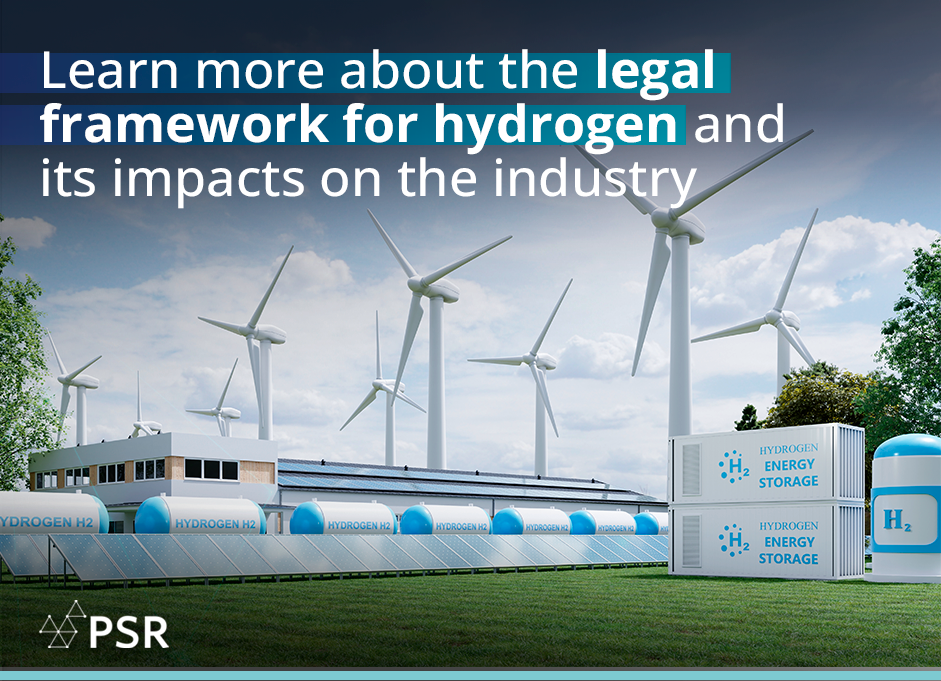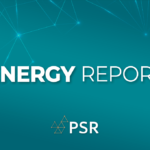Learn more about the legal framework for hydrogen and its impacts on the industry

The legal framework for low-carbon hydrogen was approved by the Brazilian Congress and recently approved by President Luiz Inácio Lula da Silva. The new framework aims to define rules and incentives to stimulate the low-carbon hydrogen industry in Brazil, in addition to contributing to the decarbonization of the Brazilian energy mix.
The measure is seen as an important step for the development of the industry in Brazil, which, like in other parts of the world, still faces challenges related to production costs, efficiency, logistics and level of technological advancement.
Originating from Bill (PL) 2.308/2023, the legal framework establishes the National Low-Carbon Hydrogen Policy, which encompasses the National Hydrogen Program, the Brazilian Hydrogen Certification System and the Special Incentive Regime for the Production of Low-Carbon Hydrogen (Rehidro).
What are the main changes made by the legal framework?
The legal framework for low-carbon hydrogen was approved by the Brazilian Congress and recently approved by President Luiz Inácio Lula da Silva. The new framework aims to define rules and incentives to stimulate the low-carbon hydrogen industry in Brazil, in addition to contributing to the decarbonization of the Brazilian energy mix.
The measure is seen as an important step for the development of the industry in Brazil, which, like in other parts of the world, still faces challenges related to production costs, efficiency, logistics and level of technological advancement.
Originating from Bill (PL) 2.308/2023, the legal framework establishes the National Low-Carbon Hydrogen Policy, which encompasses the National Hydrogen Program, the Brazilian Hydrogen Certification System and the Special Incentive Regime for the Production of Low-Carbon Hydrogen (Rehidro).
“The policies are all being directed towards low-carbon hydrogen. We were surprised by the increase in the emissions limit to be considered low-emission hydrogen […] Which we don’t consider so positive because a mixture of hydrogen or other sources that are not so low-emission can benefit,” noted Monique Riscado, team leader in Regulatory Affairs at PSR, during a webinar promoted by MegaWhat on the subject. The virtual meeting also included the participation of Luana Gaspar, head of Decarbonization at PSR, and journalist Camila Maia.
In countries like India and the United States, for example, the emissions value is lower, with 2 and 4 kg of CO₂ per kg of hydrogen, respectively. “This value of 7 [kilograms] is much higher than the value considered in other parts of the world. It is important to consider the competitive model of this Brazilian development program, considering the lowest level of emissions and Brazil’s development potential, in the context of green neo-industrialization,” stated Luana Gaspar.
What challenges does the hydrogen market face?
Despite the progress in the Brazilian legislative field, there are still some challenges for the development of the global hydrogen market. In this context, currently, the biggest difficulty for the adoption of low-carbon hydrogen is its production cost.
“There was an expectation that, at the beginning of the market’s development, the hydrogen production price would already be reduced […] But this has not yet happened. The hydrogen market is still developing a little slower than what was expected a few years ago,” added Luana.
As discussed in the Energy Report, a monthly bulletin produced by PSR with analyses and trends on the most current and relevant topics in the energy market, some of the main uncertainties regarding the hydrogen industry today are related to factors such as its high cost, efficiency, transportation, level of technological development of some applications, lack of standardization of sustainability criteria and limited policies for its greater implementation.
In this sense, the legal framework is important for the development of the Brazilian hydrogen market. However, as seen around the world, challenges still need to be overcome for this market to evolve in Brazil.





